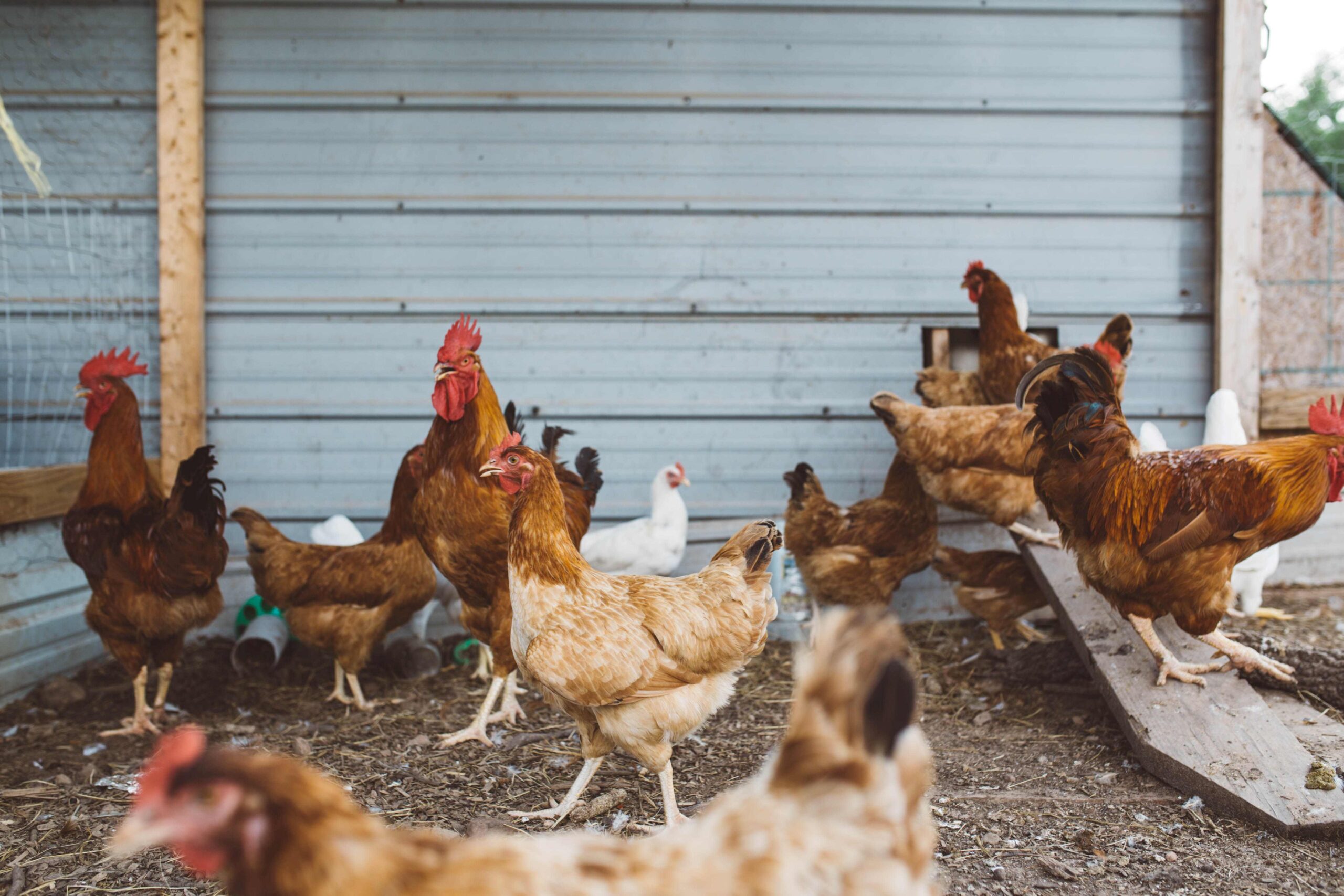Namibia has suspended imports of chickens and eggs from neighbouring South Africa, which is currently facing its most serious outbreak of bird flu in history, the Namibian government announced on Wednesday.
This decision, which takes immediate effect, comes as a response to the “alarming” increase in cases of highly pathogenic avian influenza, according to the Ministry of Agriculture in Namibia. The suspension will remain in place until further notice for live chickens, poultry meat, eggs, and chicks.
South Africa, known as one of the leading poultry producers on the continent, reported the first cases of bird flu in poultry farms back in April. Due to its proximity, South Africa has been the preferred supplier of chickens for Namibia. However, Namibia also imports poultry from Europe and South America, as confirmed by Jona Musheko, spokesman for the Namibian Ministry of Agriculture.
Last week, poultry farmers in South Africa warned of a potential chicken shortage in the coming months due to the ongoing epizootic. Quantum Foods, one of the market’s key players, reported losses of approximately $5.3 million (4.9 million euros) and a loss of two million chickens on its farms due to the virus. Astral, the country’s largest producer, also expressed concerns about the market being hit by the virus and a shortage of eggs.
The World Health Organization (WHO) has warned that bird flu is infecting a growing number of mammals worldwide, including foxes and sea lions. There are concerns that the virus may be adapting to infect humans more easily. While bird flu is typically seasonal, cases have been reported throughout the year in recent times, making this outbreak the largest ever observed.
The suspension of imports from South Africa highlights concerns about the spread of the highly pathogenic avian influenza into Namibia. The government aims to safeguard its poultry industry and prevent the virus from affecting its own farms.
Namibia’s decision to halt imports from South Africa may lead to a greater reliance on poultry imports from Europe and South America in the short term. However, authorities in Namibia might also consider strengthening domestic poultry production to reduce dependence on foreign sources. This could include supporting local poultry farmers and ensuring biosecurity measures are in place to protect against the virus.
As the bird flu outbreak continues to affect South Africa, it is crucial for neighbouring countries to take precautionary measures to prevent the spread of the virus and protect their own poultry industries. Namibia’s decision to suspend imports serves as an example of one such measure being implemented to mitigate the potential impact of the outbreak. The Namibian government will monitor the situation closely and provide updates on the suspension in due course.
In the meantime, consumers in Namibia may see changes in the availability and prices of poultry products. It is important for authorities to communicate effectively with the public, ensuring they understand the reasons behind the suspension and any steps being taken to maintain a stable supply of poultry.
The African continent as a whole will continue to monitor the situation in South Africa and work towards minimizing the impact of the bird flu outbreak. Coordination and cooperation among countries will be vital in preventing a further spread of the virus and protecting both the poultry industry and public health.
Image Credit: Brooke Cagle on Unsplash





